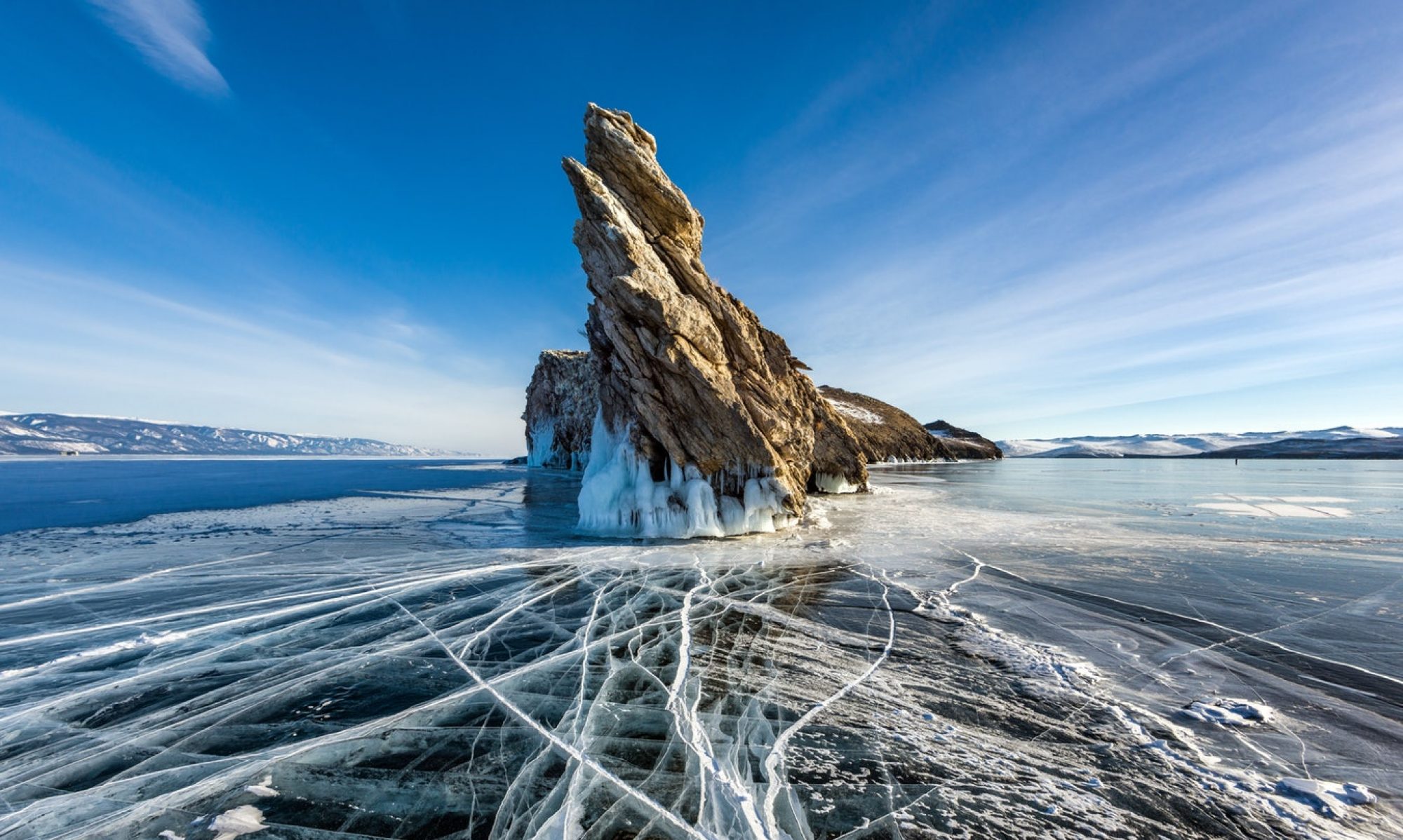Northern Dimension Institute Policy Brief 2 “The curbing of black carbon emissions offers many benefits for the Arctic” was published in January 2019. The policy brief is a result of the “Northern Dimension Future Forum on Environment: Black carbon and Climate Change in the European Arctic” that was organised on 19th of November in Brussels. Professor Tynkkynen was taking part in the Forum, where he gave a presentation “How to reduce black carbon emissions in Russia’s oil and gas industry?”.
Black carbon emissions are a global problem with special significance for arctic regions
Temperatures in the Arctic are rising clearly faster than the global average temperatures. The main reason are increasing amount of greenhouse gases, but black carbon, emitted from incomplete burning, contributes to the warming. It may cause some 20-25% of the warming in the Arctic, both through warming of the atmosphere and by accelerating melting due to reduced reflection of sunrays reaching ice and snow. Important sources of black carbon include transport, residential burning of coal and biomass, oil and gas flaring, and open burning of biomass from wildfires or the open burning of agricultural waste.The health effects of black carbon emissions are significant. Black carbon is a component of the fine particles that have serious adverse health effects globally. The combined effects on the climate and health have motivated the Arctic Council and the Northern Dimension Environmental Partnership to pay special attention to ways of reducing emissions of black carbon. The actions to reduce emissions need to be replicated globally for the positive effects to take effect. Globally residential combustion and transport emissions dominate. In the Arctic region emissions from oil and gas production are also important.
The policy brief is now available online.
